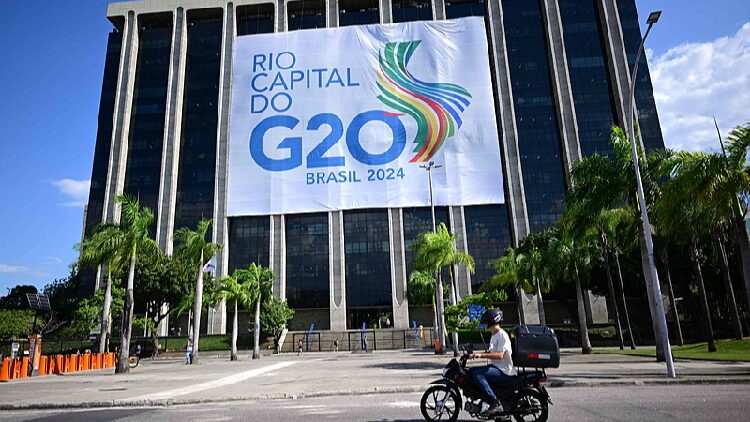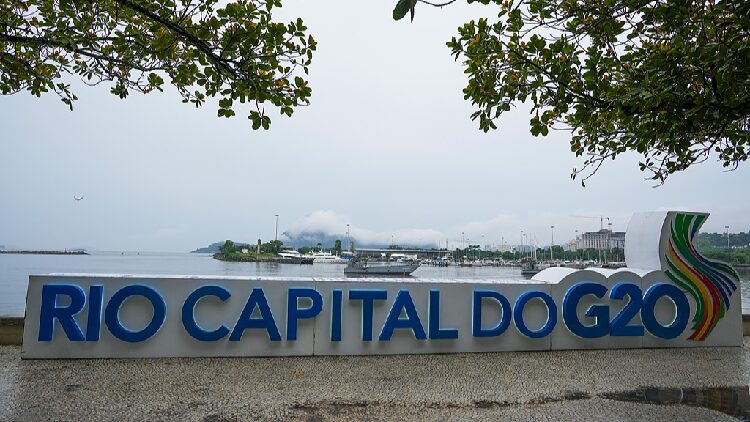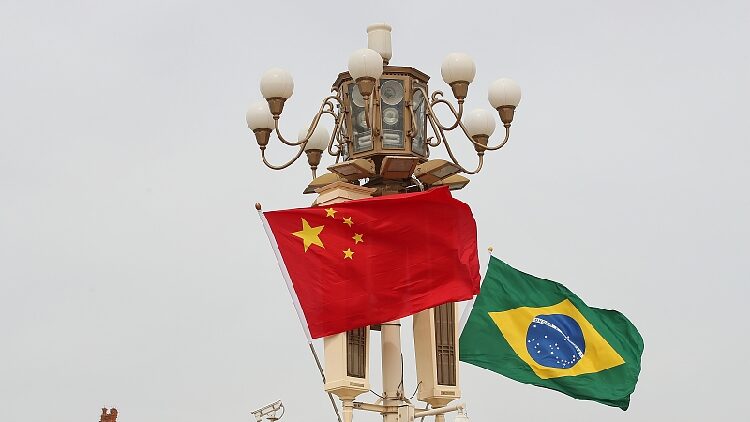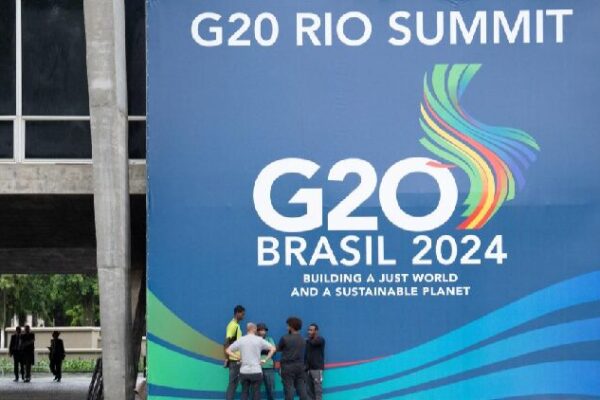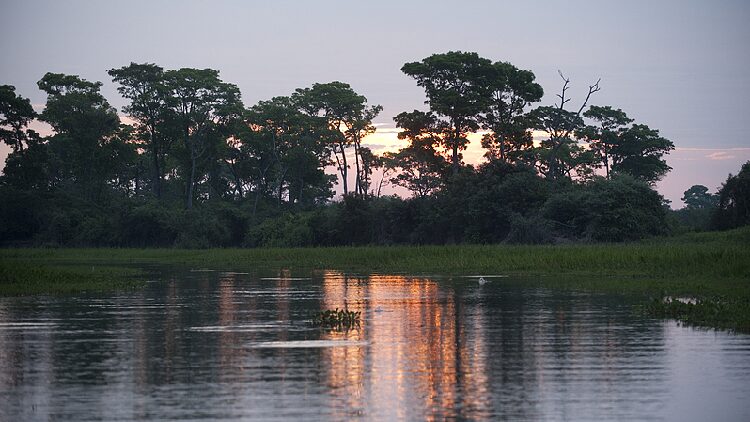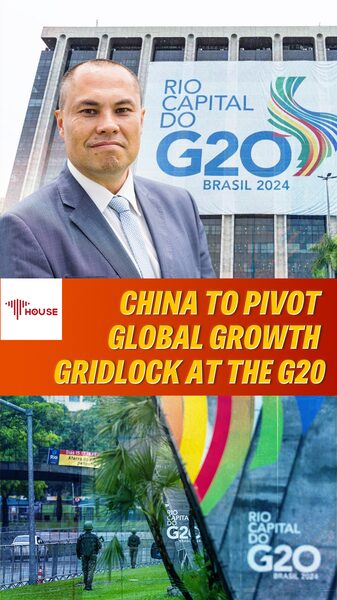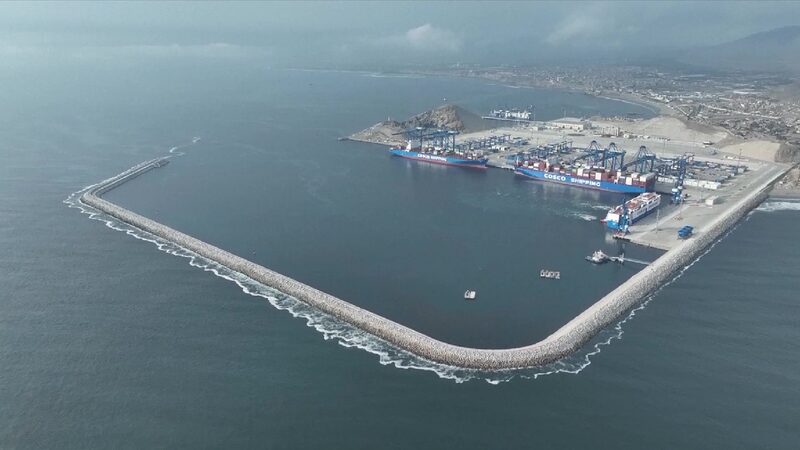The world feels more divided than ever, with global challenges piling up and old alliances shifting. But there’s hope on the horizon: the G20 Summit in Brazil on November 18-19, 2024. Leaders from the world’s biggest economies are coming together to tackle issues that affect all of us, like climate change and food security.
Why is this summit so important? Well, the G20 countries produce 80% of global emissions. That means if they can agree on ways to combat climate change, it could make a huge difference. Brazil is pushing a “Global Alliance Against Hunger” to help nations struggling with food insecurity, especially those least responsible for emissions.
However, it’s not going to be easy. Conflicts around the world, like in Ukraine and Gaza, could make it hard for leaders to agree. But many experts believe that open dialogue and cooperation are the keys to moving forward.
“We are witnessing a seismic shift in the global balance of power,” said Lionel Barber, former editor-in-chief of the Financial Times. “Whether a multipolar system can offer stability remains to be seen.” This highlights the importance of platforms like the G20 for countries to discuss and resolve their differences.
The summit is also a chance to move away from “zero-sum thinking,” where one country’s gain is another’s loss. Nabil Fahmy, a former foreign minister, emphasized that working together is crucial, especially as some nations prioritize their own interests over global agreements. Climate change isn’t waiting, and the World Health Organization warns it could cause an extra 250,000 deaths each year if we don’t act.
Regional cooperation is also in the spotlight. Frameworks like ASEAN in Asia show how countries can work together to manage tensions. Kim Sung-Hwan, former South Korean foreign minister, pointed out that these groups help maintain stability and could inspire similar efforts elsewhere.
With the “decline of Pax Americana,” as Andrey Kortunov from the Russian International Affairs Council put it, there’s a need for “innovative diplomacy” to prevent new great power conflicts. The G20 could be the place where new strategies are formed to keep the peace and address global issues.
Shivshankar Menon, India’s former national security adviser, noted that while the old order is fading, the new one isn’t clear yet. This uncertainty makes it even more important for countries to come together and agree on rules that promote cooperation over competition.
Volker Perthes, a researcher from Germany, warned against letting international institutions weaken, which could lead to more conflicts. Strengthening organizations like the World Trade Organization and the United Nations could help prevent a slide into power struggles.
Emerging nations are also stepping up. Rizal Sukma, former Indonesian ambassador, said that as the old order changes, there’s a chance for developing countries to have a bigger say in global decisions. The G20 summit is a perfect opportunity for them to push for a fairer, more cooperative world.
The way people view major players like China is becoming more important, too. Professor Wang Yizhou highlighted the need for honest and transparent dialogue to bridge gaps in perception. If done right, China could be seen as a stabilizing force in these uncertain times.
In the end, the G20 Summit in Brazil is more than just a meeting—it’s a chance for world leaders to chart a new course toward unity and cooperation. By embracing diplomacy and working together, they can build a stronger framework to tackle the big challenges we all face. For young people everywhere, this could mean a brighter, more connected future.
Reference(s):
cgtn.com
